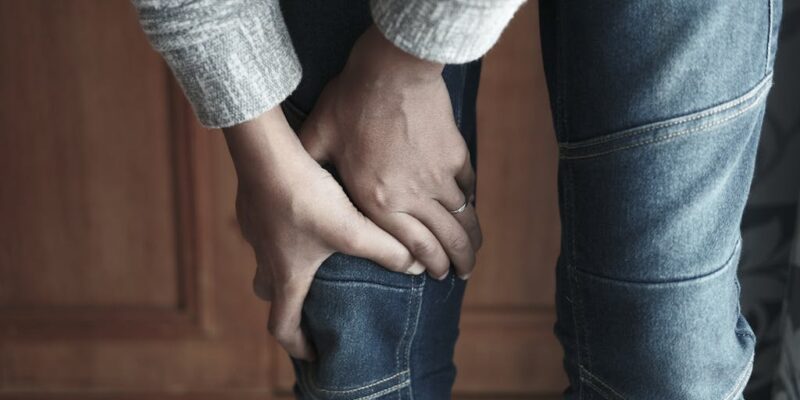Knee pain is a common issue that can affect people of all ages, often caused by injuries, overuse, or underlying medical conditions like arthritis. Whether it’s mild discomfort or severe pain, managing knee pain at home can provide relief and help prevent further damage. By incorporating simple treatments and remedies, you can alleviate knee pain and improve your mobility.
Causes of Knee Pain
Knee pain can be triggered by various factors, including injuries such as sprains, strains, or torn ligaments. Overuse from repetitive movements or long-term wear and tear can also contribute to knee discomfort. Medical conditions like arthritis, gout, or infections can further exacerbate knee pain, leading to swelling, stiffness, and difficulty moving.
Rest and Ice for Immediate Relief
For acute knee pain caused by injury or overuse, rest is essential. Avoid putting weight on the affected knee and take a break from activities that could worsen the pain. Applying ice to the knee can help reduce swelling and numb the area, providing relief. Ice therapy should be applied for 15-20 minutes every few hours during the first 48 hours after the onset of pain.
Compression and Elevation
Wearing a knee brace or using a compression bandage can provide support and reduce swelling. Compression helps limit the movement of the knee joint, preventing further injury. Additionally, elevating the leg above heart level can improve circulation and reduce swelling, especially if the knee is inflamed.
Over-the-Counter Pain Relief
Non-prescription pain relievers, such as ibuprofen or acetaminophen, can help reduce pain and inflammation. These medications are particularly effective for managing arthritis-related knee pain or soreness from minor injuries. However, long-term use should be monitored, and consulting a healthcare professional is advised if knee pain persists.
Gentle Exercises for Knee Strength
Strengthening the muscles around the knee is crucial for managing chronic pain and preventing future injuries. Low-impact exercises, such as swimming, cycling, or walking on flat surfaces, can help improve muscle strength without putting too much strain on the knee joint. Stretching exercises to improve flexibility are also beneficial, as they reduce stiffness and enhance knee mobility.
Weight Management
Maintaining a healthy weight can significantly reduce pressure on the knees, especially for individuals with arthritis or joint pain. Extra weight increases the strain on knee joints, leading to quicker degeneration of cartilage. By losing excess weight, you can alleviate knee pain and improve overall joint function.
Heat Therapy for Chronic Pain
For chronic knee pain, applying heat can be beneficial. Heat helps relax muscles, increases blood flow, and reduces stiffness. Using a warm compress or heating pad on the knee can provide soothing relief, especially for conditions like arthritis or long-term wear and tear.
When to Seek Medical Help
While home remedies can be effective for managing mild to moderate knee pain, some conditions require professional treatment. If knee pain persists for more than a few weeks, worsens, or is accompanied by severe swelling or the inability to bear weight, it’s important to consult a healthcare provider. Medical interventions such as physical therapy, injections, or surgery may be necessary for more serious conditions.
Knee pain can be managed effectively with a combination of rest, gentle exercises, and home remedies. By taking a proactive approach to care, you can alleviate discomfort, strengthen your knees, and improve your overall mobility. However, if pain persists or worsens, seeking medical advice is essential to ensure proper treatment and long-term relief.











Comments